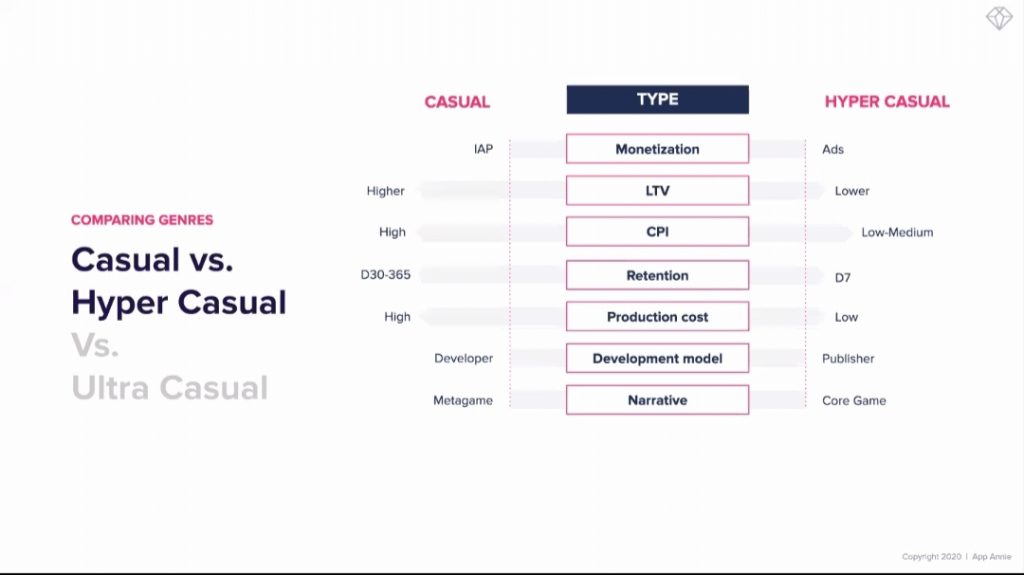In 2018, the African gaming market was worth $570 million growing by over 500% from the 2014 valuation of $105m. The mobile gaming sector alone accounted for almost 50% of the total value.
This growth can be attributed to the tremendous adoption rate of the mobile phone across the continent. While a majority of mobile gaming takes place on smartphones, gaming on traditional cell phones still accounts for a significant number.
However, amid the growth, monetization is still an issue for the mobile gaming industry. In a webinar with General Manager at App Annie Analytics, Ron Thomas, VP Product Marketing and Monetization at Illyon, Roy Tzayag spoke on how game publishers can combine product and monetization for success.
According to him, having a good product is the most crucial task facing game developers and publishers. To measure if they do have a good product, game developers should be able to keep at least 30% of their day 1 customers. They should also ensure those game players engage with their game regularly.
To achieve this, some steps must have been taken before the game is launched. First, game developers must enjoy their game. According to Roy, if game developers don’t enjoy their own games then they shouldn’t expect users to enjoy it too.
They should ensure that onboarding and tutorials for first-time users are made as simple and as easy as possible. They should also ensure that there are enough progression features for users to keep coming back to play the game.
“You can only monetize your game when users are engaged and developers must be careful as any product change can ruin things.”
Roy Tzayag, VP Product Marketing and Monetization, Illyon.
Publishers can also beta test their apps with a group of gamers to get a final reaction before rollout. For publishers, they can monetize with in-app purchases (casual games) or ads (hyper-casual games such as Solitaire). Other methods of monetization include the hybrid model (both in-app purchases and ads), subscription model and premium model.


During this process, it is important publishers monitor user feedback and ensure there’s an adequate user journey in the game.
According to Ray, monetization in Africa can be pretty difficult as the conditions on the continent are pretty complicated. According to experts, one of the biggest obstacles is the difference in payment methods in Africa. Another is the lack of data on what type of mobile games African consumers want to engage with and pay for and lastly is the inadequate marketing techniques used.


However, Roy admitted there is significant growth in the monetization of mobile games in Nigeria and South Africa due to the increase in smartphone penetration. And this is not entirely surprising as in 2018, Nigeria was the highest spender on mobile games in Africa with $122M.
With the COVID-19 pandemic, there’s a big chance for developers to monetize their games. As many users will be home and more engaged in gaming, developers can make use of more options to monetize better.





